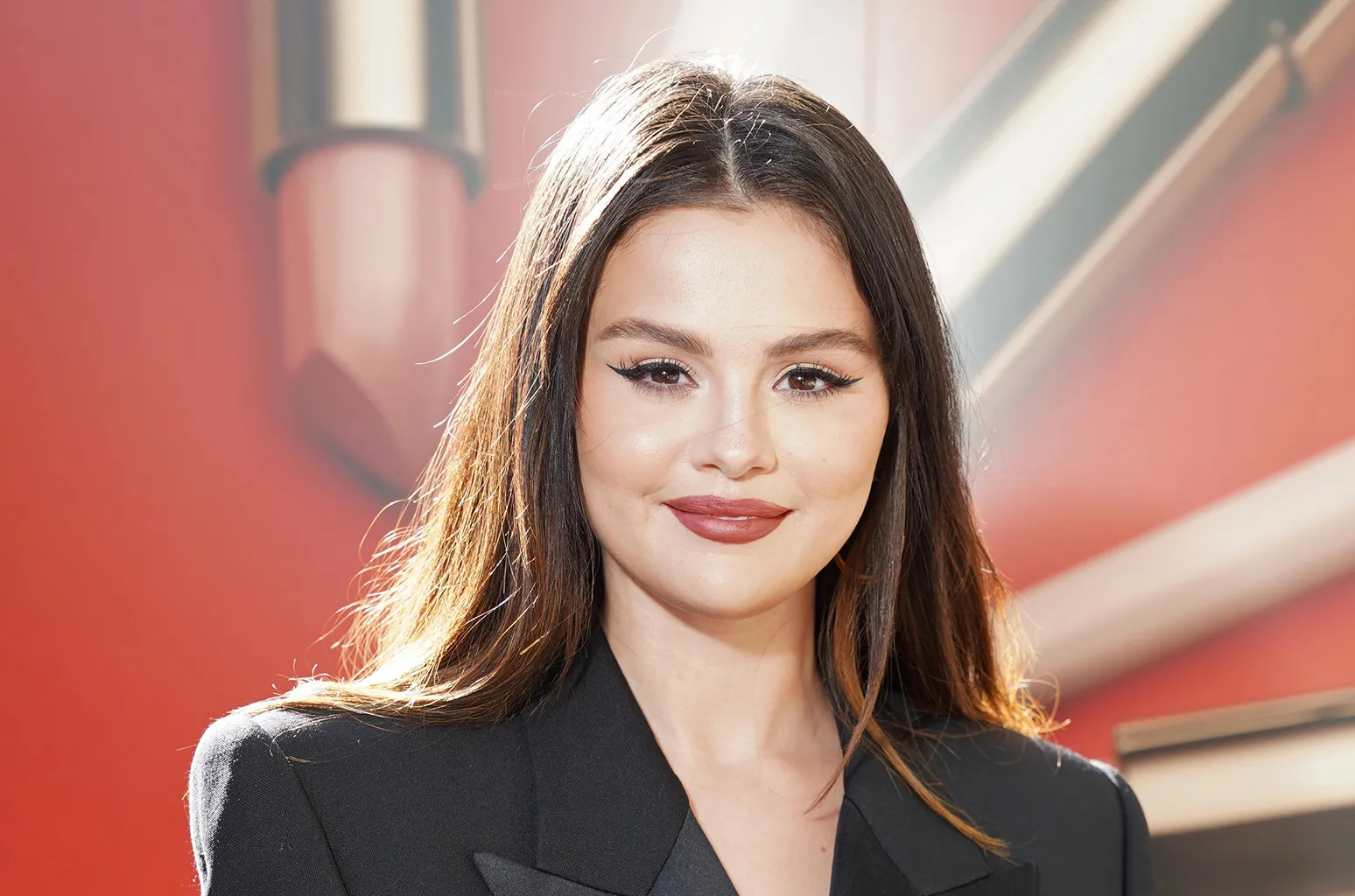In the fabric of modern society, few figures command as much attention and fascination as celebrities. Whether they are actors, musicians, athletes, influencers, or reality TV stars, celebrities hold a powerful sway over the public’s imagination. Their every move is documented, their opinions echoed by millions, and their lifestyles often envied. But what lies behind this enduring obsession? Why do celebrities matter so much, and how has their role evolved in the age of digital media?
This article explores the multifaceted world of celebrities—how they shape culture, wield influence, and pay the price for living in the spotlight.
What Makes Someone a Celebrity?
A celebrity is someone widely recognized by the public and media, often admired for talent, beauty, charisma, or achievement. Traditionally, fame came through film, television, sports, or music. Think of icons like Marilyn Monroe, Michael Jackson, or Muhammad Ali—names that transcend time.
However, the definition of celebrity has changed drastically with the rise of social media. Today, one can become famous almost overnight through platforms like TikTok, Instagram, or YouTube. Viral moments, unique content, or even controversy can catapult someone into the limelight. This shift has democratized fame, making it more accessible than ever, while also blurring the lines between celebrity and everyday person.
The Cultural Impact of Celebrities
Celebrities do more than entertain—they influence fashion, beauty standards, language, behavior, and even politics. Their cultural imprint is vast:
-
Fashion and Style: Celebrities are trendsetters. A single outfit worn by Rihanna or Harry Styles can spark global fashion crazes. Designers often rely on star power during events like the Met Gala or Fashion Week.
-
Beauty Standards: Public figures like Kim Kardashian and Zendaya shape ideals of beauty, body image, and self-expression. While some celebrate diversity, others raise concerns about unrealistic expectations, filters, and cosmetic surgery culture.
-
Music and Entertainment Trends: Artists like Beyoncé or BTS redefine music genres and push creative boundaries. Their global fanbases form communities and influence everything from streaming habits to concert economies.
-
Political and Social Advocacy: Modern celebrities often use their platforms for activism. Taylor Swift speaking out on voting rights, Leonardo DiCaprio campaigning for climate change, or Malala Yousafzai using her fame to champion education—these examples show how fame can be a tool for societal impact.
The Psychology Behind Celebrity Worship
Why are we so fascinated by celebrities? Psychologists suggest that humans are wired to admire and emulate people they perceive as successful, attractive, or charismatic. Celebrities often fulfill the role of “parasocial relationships,” where fans feel a deep connection to someone they’ve never met.
These relationships can be harmless and even comforting, especially in times of loneliness or uncertainty. However, they can also lead to obsession, unrealistic comparisons, and mental health challenges, particularly among teens and young adults.
Social media amplifies this effect. Unlike the distant stars of Hollywood’s golden age, today’s celebrities interact with fans directly, share personal moments, and cultivate a sense of intimacy—real or curated. This constant access blurs the boundary between public and private life.
The Double-Edged Sword of Fame
While fame brings fortune and adoration, it also comes at a cost. Celebrities live under intense scrutiny, often sacrificing privacy, mental well-being, and normalcy. Every mistake is magnified, every word dissected.
-
Paparazzi and Media Pressure: Stars like Britney Spears and Princess Diana are reminders of how relentless media attention can impact mental health and safety.
-
Cancel Culture and Public Judgment: In the digital age, one misstep can result in massive backlash. Cancel culture holds celebrities accountable but can also be unforgiving and toxic.
-
Mental Health Struggles: Many celebrities, including Demi Lovato, Selena Gomez, and Dwayne “The Rock” Johnson, have spoken openly about depression, anxiety, and addiction. Their honesty sheds light on the darker side of fame and helps destigmatize mental health issues.
Celebrities and Branding
Today’s celebrities are more than performers—they are brands. They launch fashion lines, skincare products, books, alcohol brands, and tech startups. Kylie Jenner became a billionaire through her cosmetics company, while George Clooney made millions from his tequila brand.
Social media influencers have also emerged as powerful marketing tools. With massive followings and niche audiences, influencers can shape consumer behavior, create trends, and drive sales. This fusion of celebrity and entrepreneurship is changing traditional business models.
Globalization of Fame
Fame is no longer confined to Hollywood or Western media. K-pop idols from South Korea, Bollywood stars from India, and football legends like Lionel Messi or Cristiano Ronaldo enjoy global recognition. Streaming platforms, YouTube, and Instagram have made it easier for talent from any part of the world to gain international fame.
This globalization has diversified representation and expanded cultural horizons. Fans in Brazil can adore a Thai actor; audiences in Canada can binge-watch Turkish dramas. Celebrities now operate on a global stage, influencing millions across borders.
Conclusion: The Future of Celebrity Culture
As society evolves, so too will the role of celebrities. In an age of authenticity, fans increasingly seek relatable, socially responsible, and transparent public figures. Performers who balance fame with purpose—such as Zendaya, Keanu Reeves, or Emma Watson—are admired not just for their talent, but for their humility and values.
At the same time, the digital age continues to create new kinds of celebrities—gamers, streamers, TikTok dancers—challenging old hierarchies and reshaping the meaning of stardom.
In the end, our fascination with celebrities reflects deeper human desires—for connection, aspiration, inspiration, and sometimes, escapism. While the spotlight may shift, the allure of fame remains powerful—and endlessly evolving.


